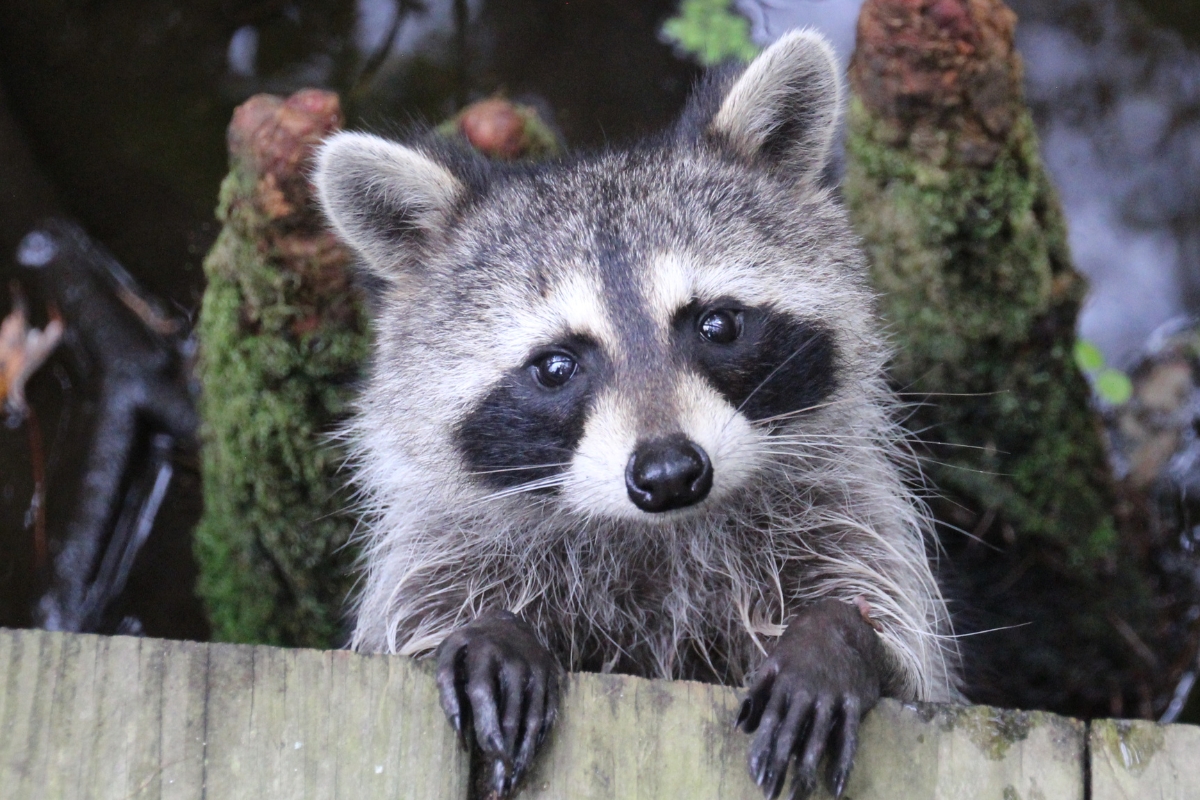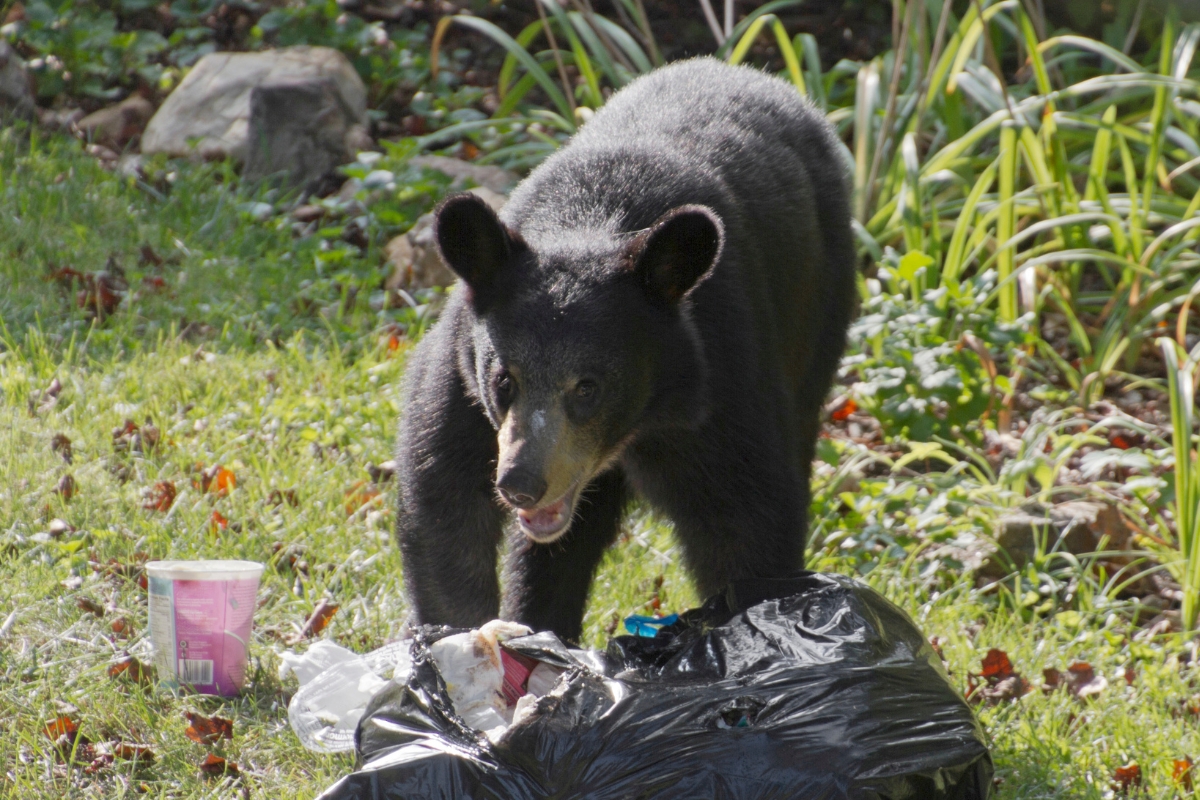General Principles for Peaceful Coexistence with Wildlife
In these resources, you will find solutions to problems caused by specific animals who you may come into contact with in your day-to-day life. However, in our ever-changing world, it would be impossible to capture every kind of interaction between us and other species. With that in mind, the general principles below can act as guidance for resolving conflict with species otherwise not covered in our coexistence guide.
- Give them space – The easiest way to avoid conflict is to leave other animals (including insects) to their own daily lives. If they do not pose a danger and you do not need to go near them, simply allow them to go about their day undisturbed.
- Gently move them to a safe space – if you find an animal in your home and can safely and gently remove them, please do. If you are worried about doing it yourself, enlist the help of a friend or family member. If the animal is potentially dangerous, call a local wildlife rescue or animal control for advice.
- Use deterrents in place of lethal control – there are a lot of easy to implement and often natural remedies you can use to deter animals from coming into your home. You can find specific deterrents for commonly found species in our guidance.
- Keep companion animals safe and monitor them when outside. This is not just to keep your beloved family member safe, but also to protect other animals from harm.
- Keep trash in sealed containers and do not leave food waste lying around outside.
- Seal food containers in your house to deter rodents.
- Don’t feed wildlife.
- Check brush piles and other natural waste for animals before clearing. This is particularly important if you are burning waste – someone may have made a nest in there.
- In cold weather, check under the hood of your car before starting the engine, or if your vehicle has been left standing for a prolonged period. Small animals like mice and squirrels may use your car as a nesting space.













